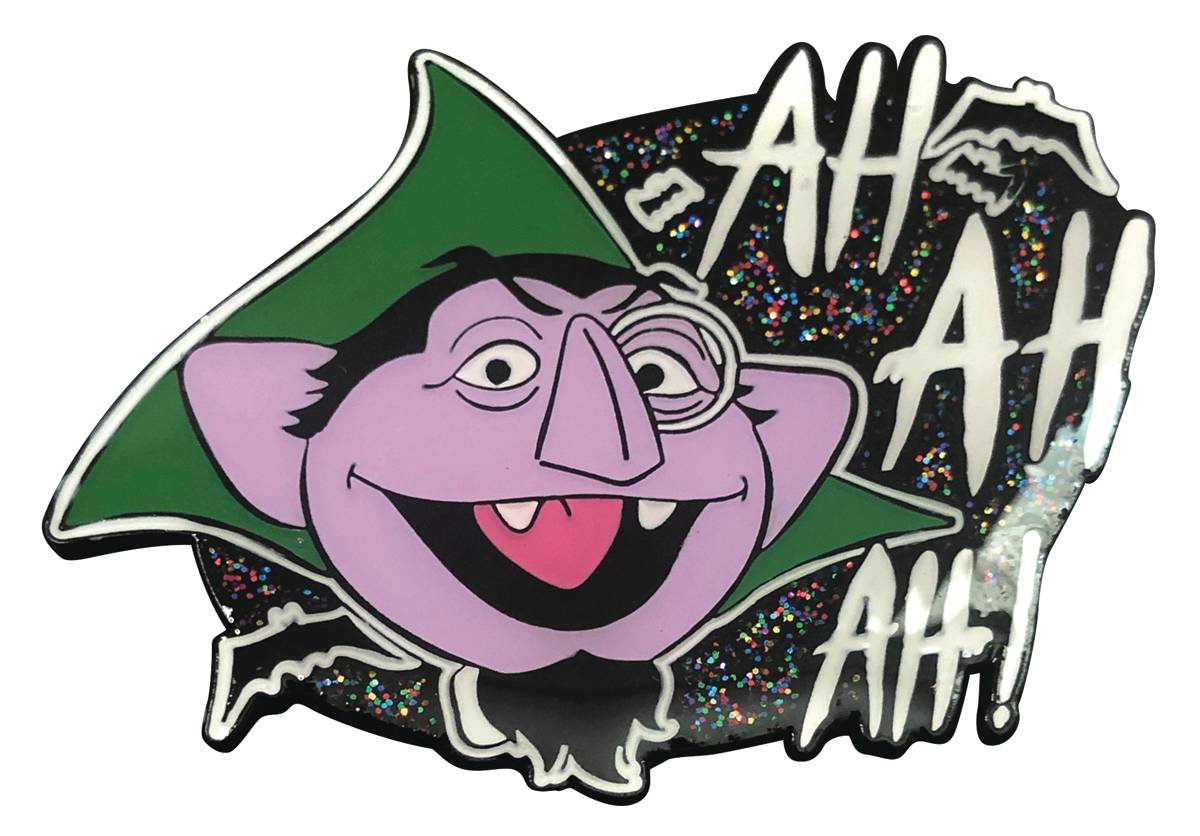In Hebrew, the word for “stone” is male-sounding while grammatically female, and the word for “rock” is female-sounding while grammatically male, you know, for simplicity.
A machine in french is feminine. It come from latin machina (μαχανά in Greek) which is feminine (-ina suffix is feminine). Washing is just a verb so it have no influence on the “gender”.
A washing machine -> Une machine à laver
Close but wrong. It’s because washing is feminine.
All those years of school and lecturing from my teachers only to discover it was all lies… thank anyway I guess.
Sadly true, Its like an on pourpouse languaje setting
Foreign language classes in high school creates gender abolitionists
It’s all a construct!
It certainly fuels the flames.
Once you start asking why the hell the french have to gender everything, you start asking why we have to gender anything.
C’mon, une machine a laver is obviously a girl! Unless you call it a lave-linge instead, in which case it’s a boy.
La laveuse
French is wild, but it’s actually pretty easy to remember genders for appliances in particular. Generally, the more attractive the appliance, the less questionable its gender. Who could misgender a swamp cooler or a blender?
Generally, the more attractive the appliance, the less questionable its gender.
Lol what
You trying to tell me that you don’t know your toaster’s safe word?
Oh is that what that Cancel button is for?
No, you have to force the handle to the up position.
Well that certainly doesn’t sound consensual.
You’re jamming oiled-up bread into a device that has no means to expel unwanted fluids, and its only form of protest being to overcook your buns. What do you think?
Keep going…
There is a say in france along the lines that the more bad something is the higher the probability it’s feminin.
Maybe it’s a trans washing machine, you shouldn’t assume its gender. /jk
Just switch to German, I know it’s die Geschirrspülmaschine
Germans: German is such a beautiful language!
German:
It’s beautiful in its precision and how it constantly clears your throat
That’s dutch
Or Swiss German. Chuchichäschtli.
Grachtengordel.
At least in my part of Austria it’s usually „der Geschirrspüler“
Well yeah that’s a different word
Not knowing any German I can’t tell the difference between this being correct or your putting down “the water sloshing noise machine” with a German accent.
They’re the same picture
(but for those curious scrollers it’s dishes sink machine)
it’s more of a dishes washing machine.
while Spüle is sink, Geschirr spülen is washing dishes. spül is not a noun in this case.
Ok then. What’s the gender of Nutella?
That wasn’t covered in German class
That’s a dishwasher
Das ist die Waschmaschine! Setzen, sechs!
Die, Bart, die! Herrgott nochmal!
Did you just say The, Bart, The?
Rustig, rustig. Het is nog geen augustus en we zijn nog niet in Zeeland.
If you’re not sure just guess femminine, that seema to be the case more often than not
Je suis enchanté
Où est le bibliothèque?
Voilà mon passport
Ah, Gérard Depardieu
Baguette, hon hon hon
Baguette, hon hon hon (hon hon) hon hon hon!
I’m a simple man, I see Flight of the Conchords, I upvote.
I don’t know a single lick of French but somehow my brain knew this is the intro to Foux Da Fafa, a song I haven’t listened to in over a decade
Protip : french is misogynist
That’s common in most Latin derived languages
Teacher: Time for the French, get your berets!
“Mark, please pass out the baguettes to the class. Only take one!”
I’m le tired
Have a nap, then
fire ze missileshand out ze baguettes!

Achctually in french they write ah ah ah.
Very disturbing.
This is sponsored by Big Gender to sell us more gender. /j
Je ne suis pas Francais
La Casa vs El hospital. What determines the gender of each? Spelling is great, but this piece boggles the mind.
In Spanish, most masculine verbs are “LONERS”, and end with one of those letters.
I’m sure there’s etymological reasons, but in practice ‘la hospital’ being less pleasant to say (with two vowel sounds directly next to each other) probably contributed. Like how it’s el agua, even though any adjectives for it are feminine: el agua contaminada.
Suffix -a mostly female, Suffix -al mostly male. There are exceptions but it’s a good rule of thumb.
And then you get - el agua
Feminine. With feminine adjectives. El agua clara. But you have to use “El”.
Spanish is still way more consistent than English tho













